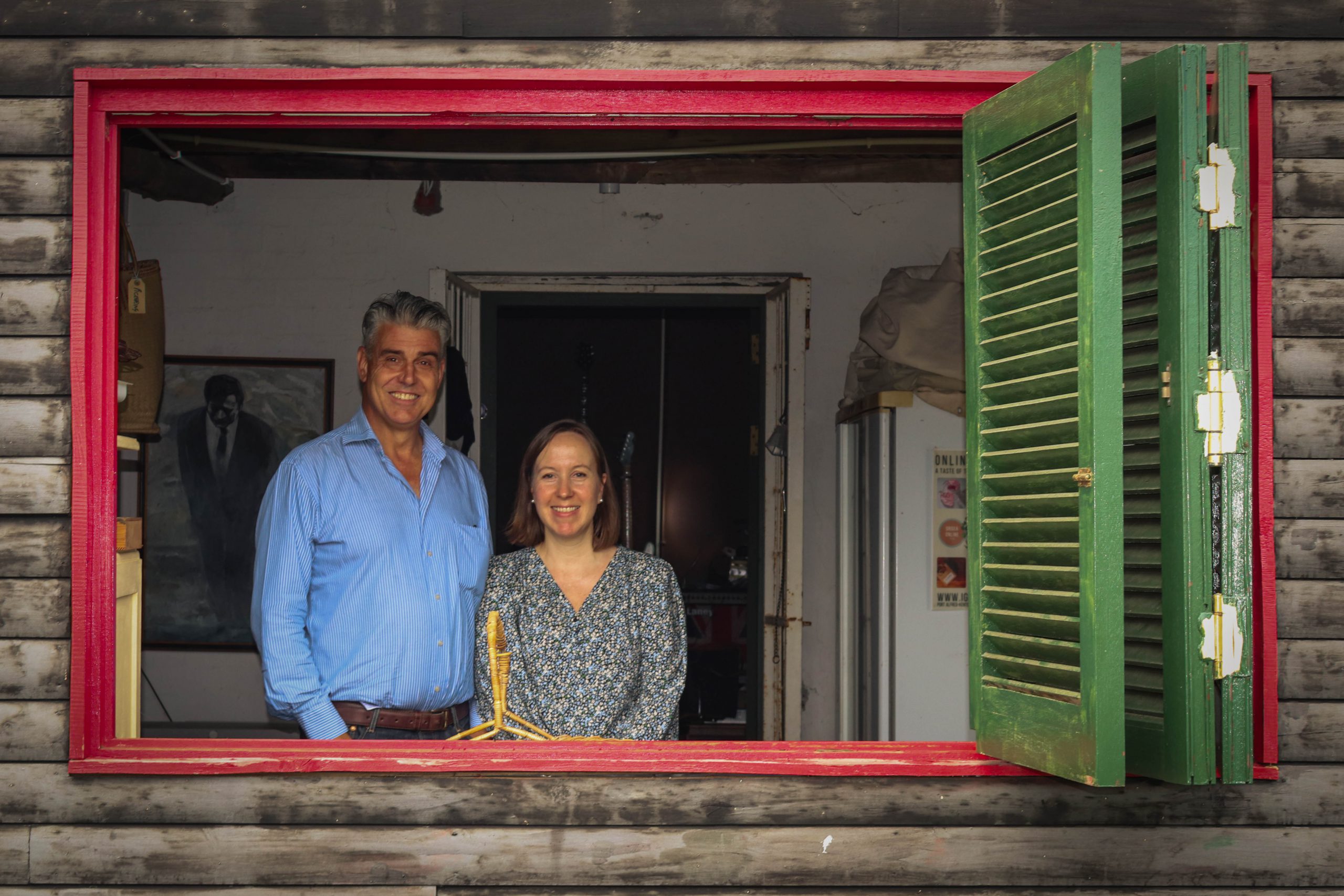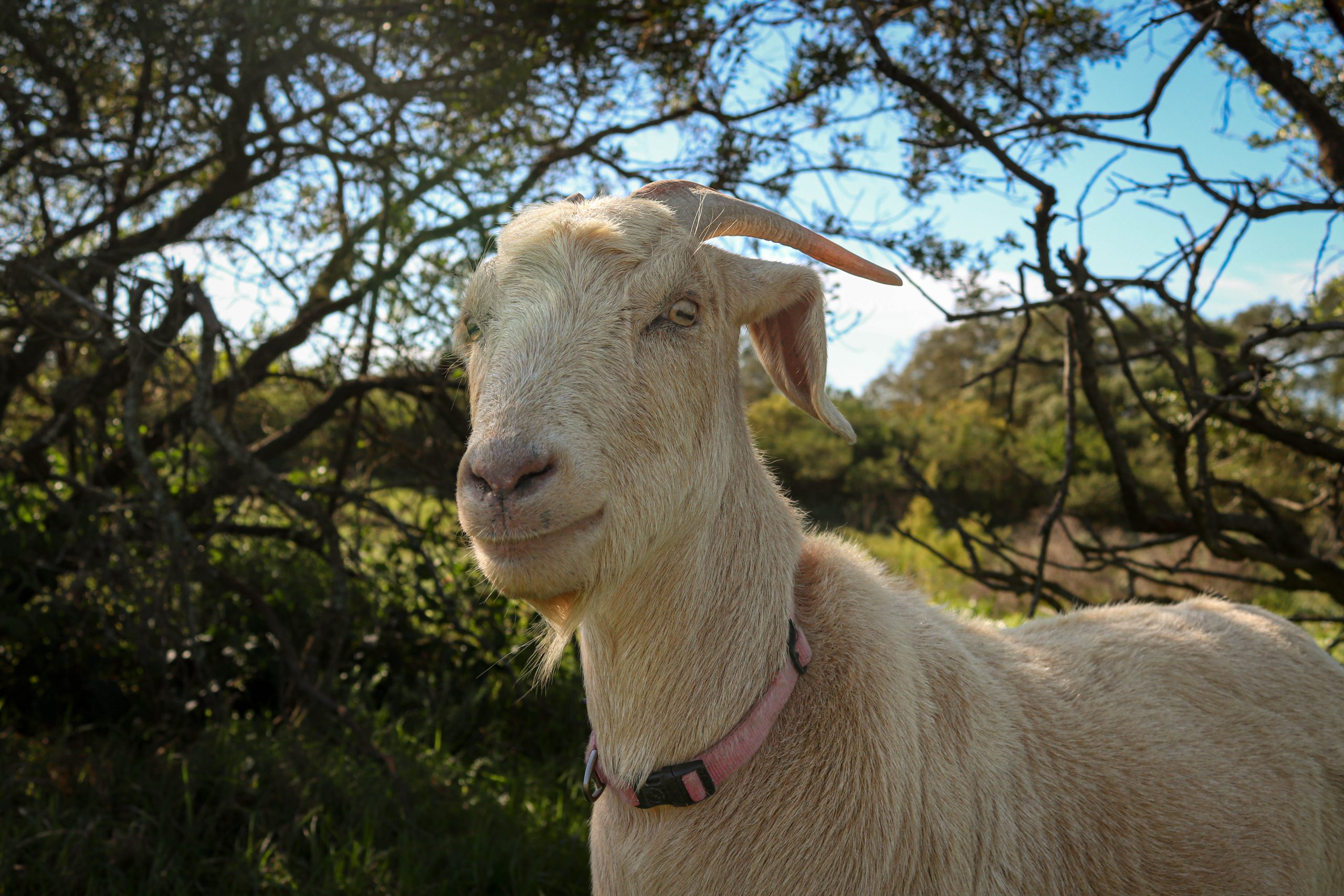Story and photographs by IVORY COLLINS
Mass production runs the world, following a system of global supply chains, convenience and profit.
A trip to the local grocery store means long lines, plastic packaging and inflation. We have little knowledge about where the products come from, how they are made, and how they may negatively affect others or the environment.
But, change is possible.
Igadi Market is an online cooperative farmers’ market founded in May 2020 by Carla and Fred Bright at Kingston Farm outside Bathurst. The market aims to be an accessible solution to buying local by connecting local producers and consumers.
Carla and Fred had been running their successful Kingston guest house, restaurant and farm since 2006 but the business took a massive hit in 2020 with Covid-19 travel bans and restrictions. Guests continued visiting the farm from different parts of the world, but the pandemic disrupted their business and suppliers.

Carla said that they felt the need to look after their suppliers as they are a community-driven business. “There was a sense of the end of the world”, said Carla. “It made individuals think, ‘What can I do?’.”
This mindset motivated the couple to move past the crisis and create a space that let communities grow together sustainably and efficiently.
Farms were classified as ‘essential service’ under lockdown. This allowed Kingston Farm to proceed with its online farmers’ market.
The farm boasts beautiful gardens and a host of animals, including dogs, rescued goats, horses and ducklings. When it came to creating a name and logo for their business, Carla and Fred took inspiration from their environment.
‘Igadi’ is a Xhosa word meaning ‘a garden’ and refers to the enjoyment of plants.
Their logo is an illustration of their goat Berta’s face, surrounded by a ring of leaves.
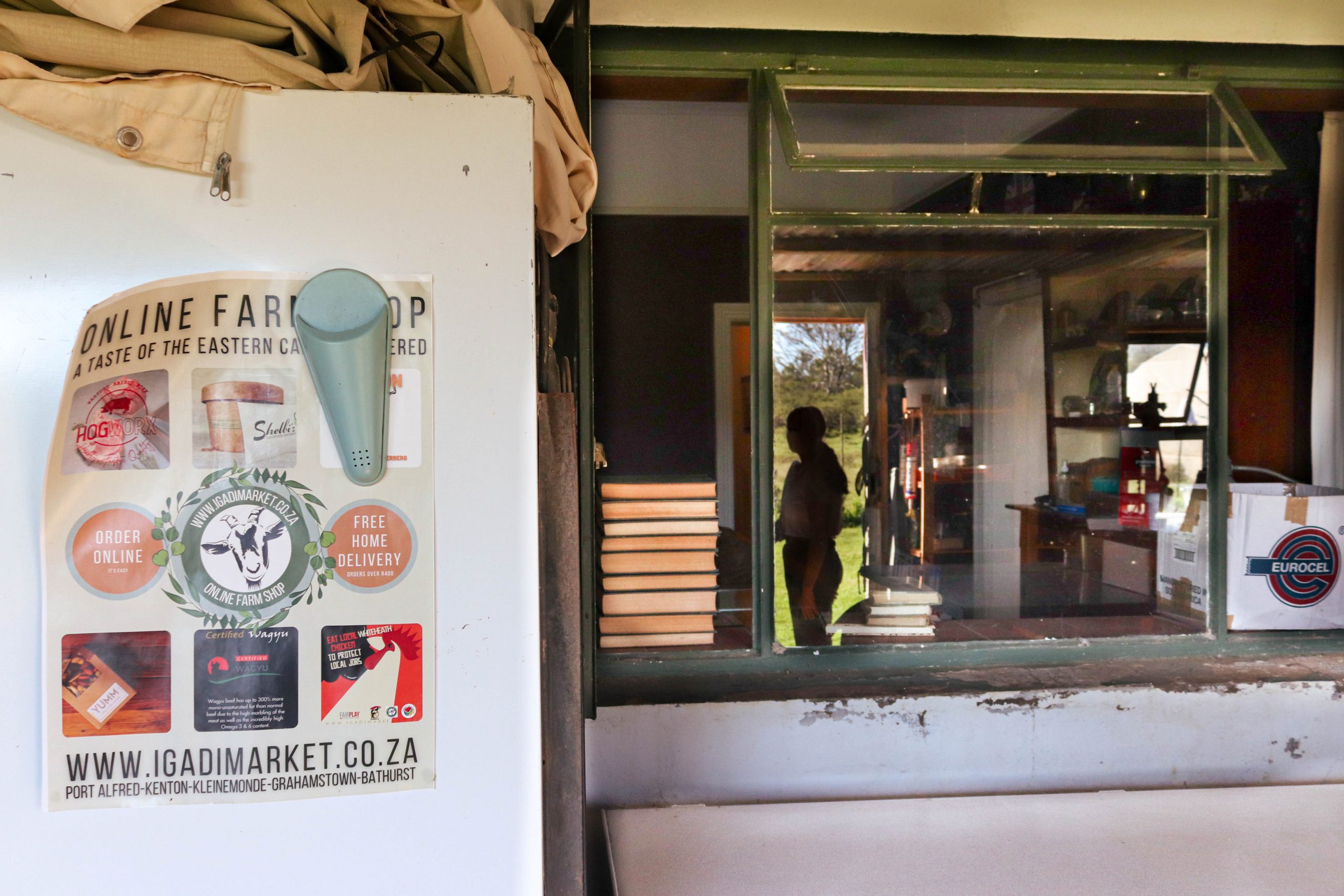
freezer filled with goods.
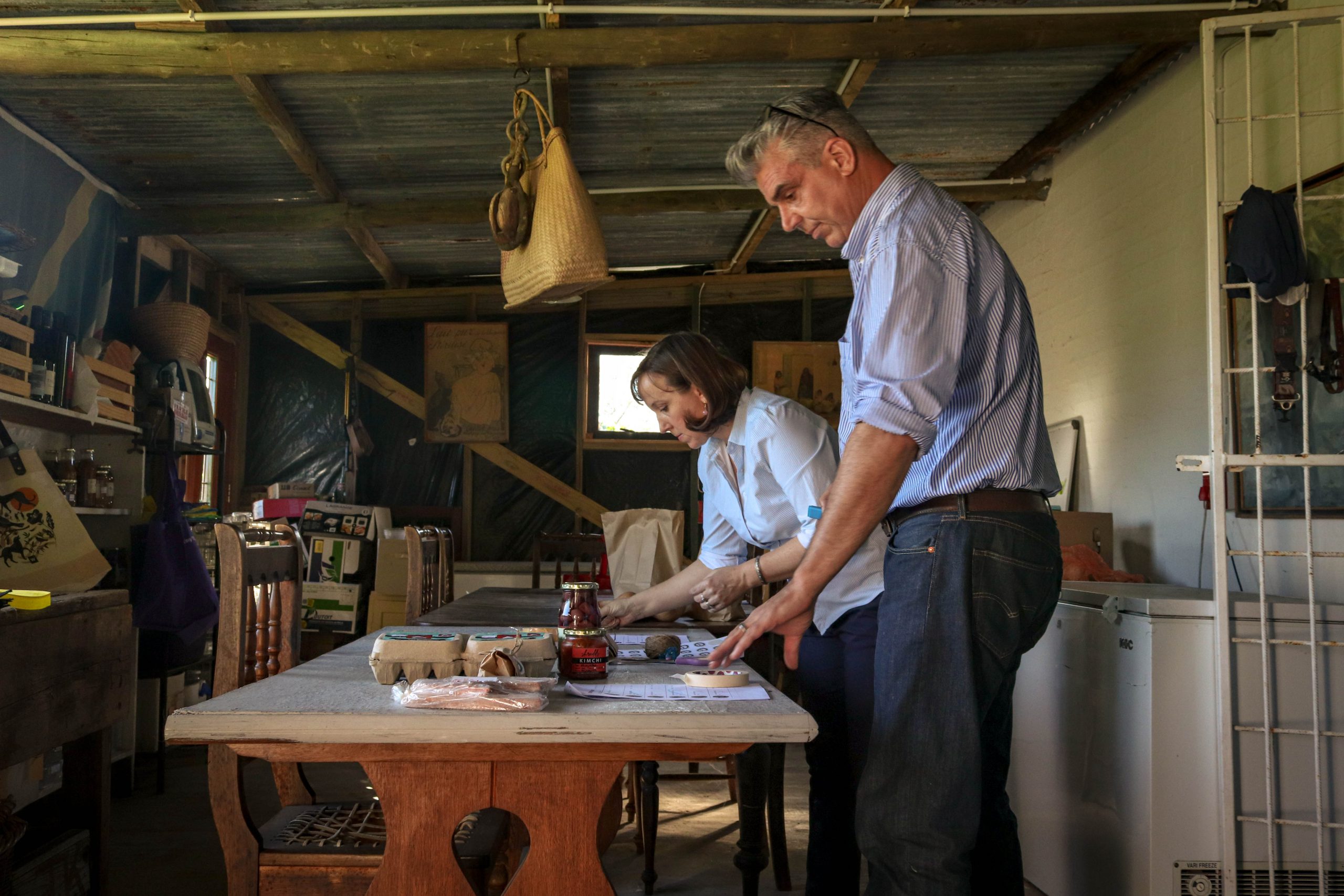
gathering produce according to the list.

each customer.
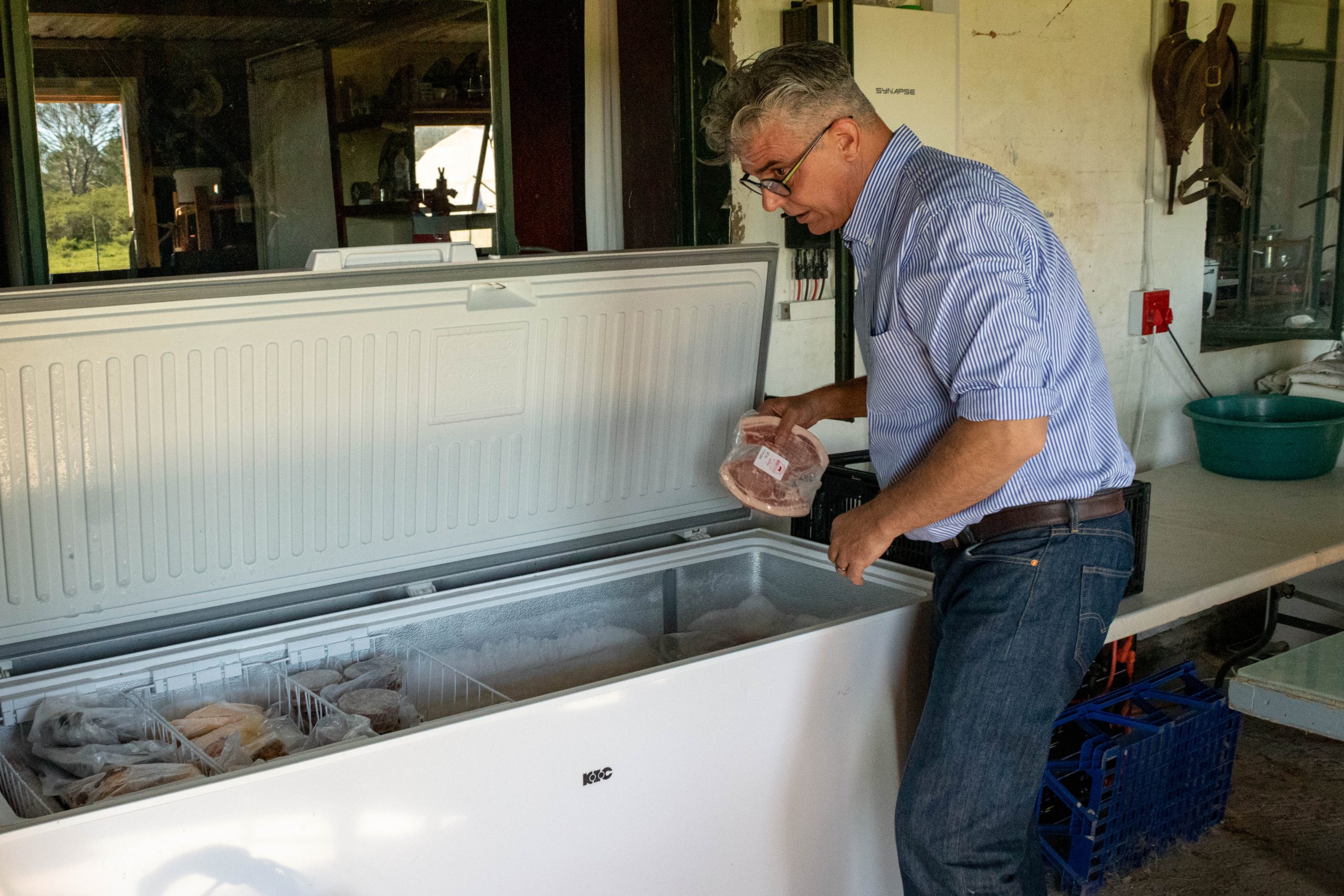
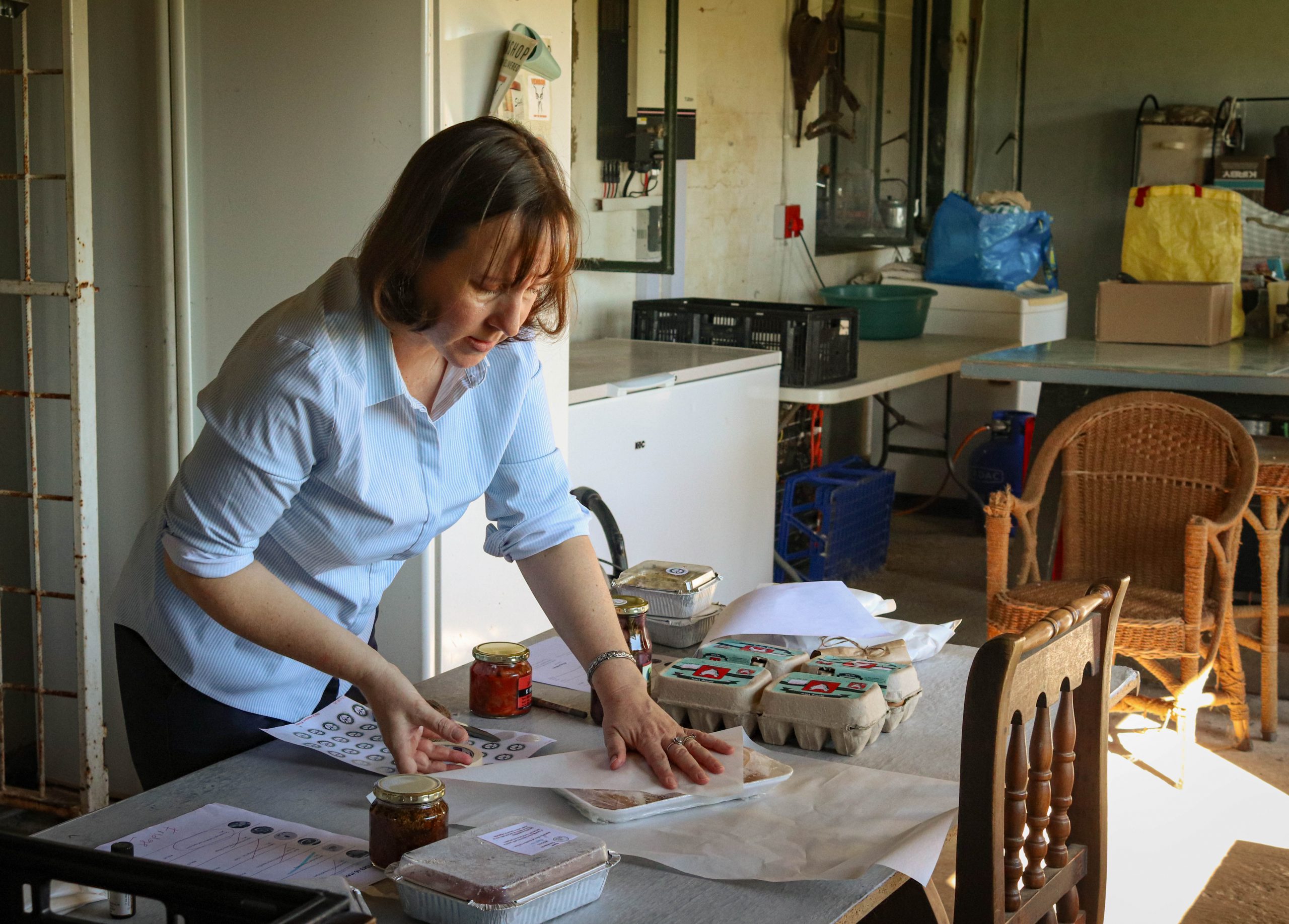
Carla loves her rescue goats; Willie, Heidi, Berta and Flora all live on the property with unique personalities and a love for the camera.
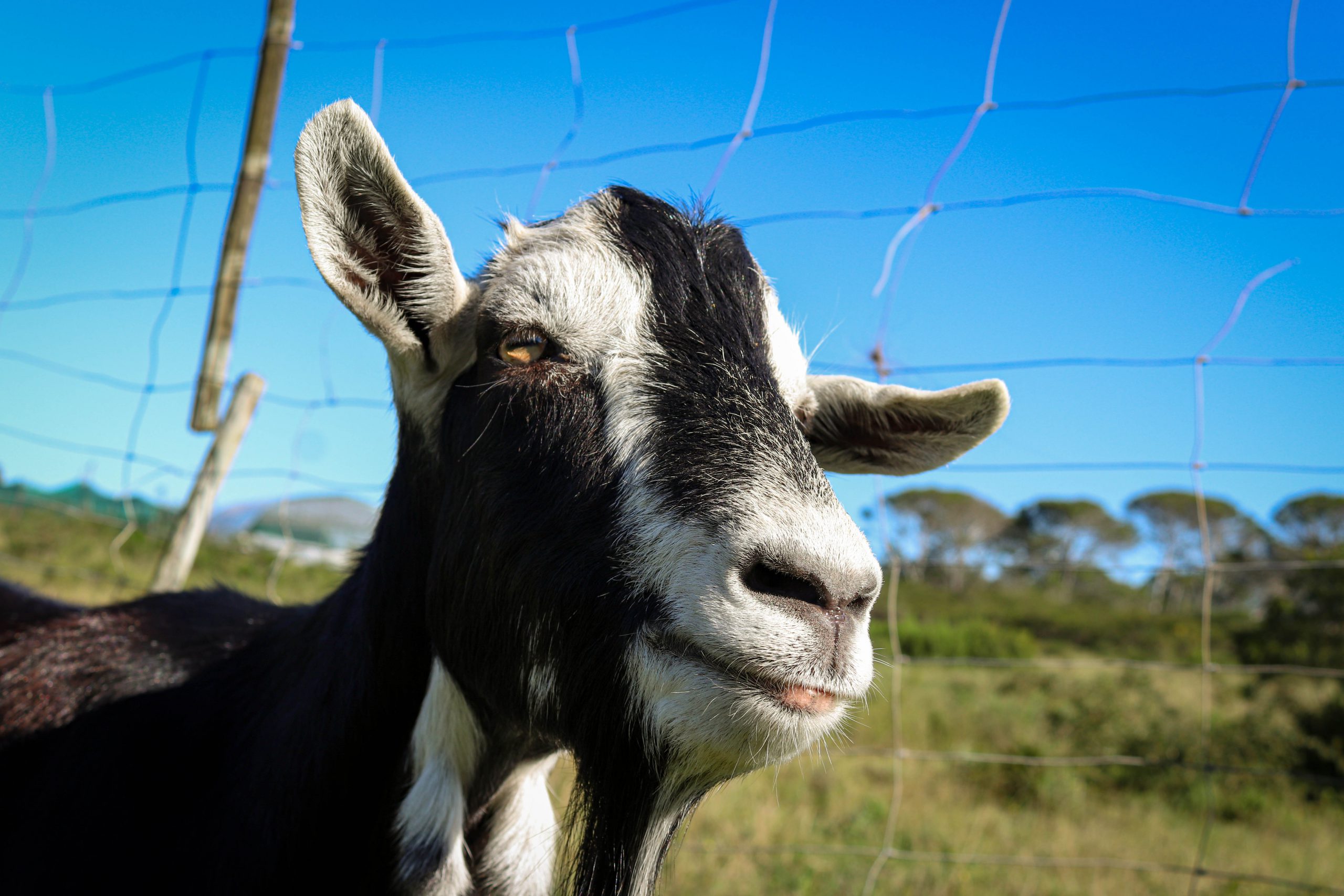
Fred said the ethos of the business cooperation with others rather than competition: “Competing with other businesses during a crisis is not efficient.”
It was a challenge the couple both wanted to take on. “It has not been easy,” said Carla. “We are learning; it’s all new to us”.
One challenge they faced was explaining the online world of grocery shopping to the elderly and reassuring them that it was safe. But, grandkids and children have been ordering online products for their loved ones, instead.
One customer, who has moved overseas, ordered a parcel for her grandmother and requested to include a written note. Fred and Carla describe these exchanges as an opportunity for connections between people and small businesses: “It brings the community together with a diversity of people and quirky suppliers,” said Fred.
Igadi aims to be eco-friendly, sustainable and waste-free. Carla excitedly explained that she uses any leftover products in her recipes. Leftover apples make for a tasty apple pie, and excess tomatoes are turned into thick tomato paste or even a sweet jam. Carla will then use these creations for her restaurant, her own meals or sell them on their online store.
The couple recently installed solar panels to power their storage freezers, making their business more affordable and eco-friendly.
The Igadi Market runs on a weekly cycle and takes care of collections and deliveries, which allows suppliers to save on petrol and focus on their products.
Suppliers give their stock to Igadi market and are paid weekly for their items. “The products are yours until sold,” explains Carla. Therefore, the suppliers do not have to wait until the end of the month to buy more stock.
One of the suppliers lives on the Kingston Farm. He has created tunnels filled with various vegetables. Samuel is a young man from Zimbabwe with talent and skill for growing delicious produce. “I do not do it for the money; this is my passion,” Samuel said.
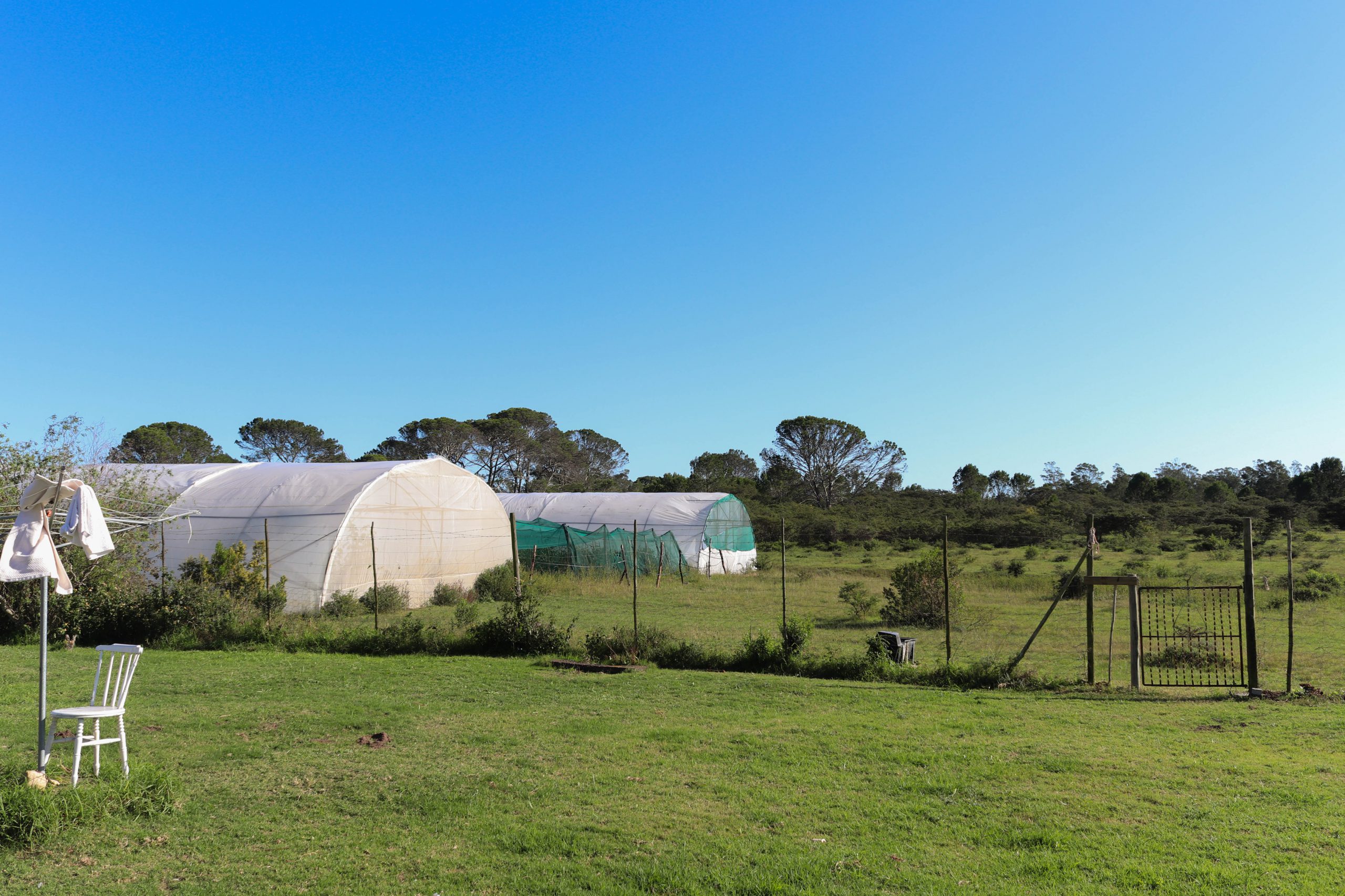

He showed me around the rows of red and green peppers, okra and chillies. I was fortunate to take home some of his cucumbers which he said were too large for the commercial markets’ standard.
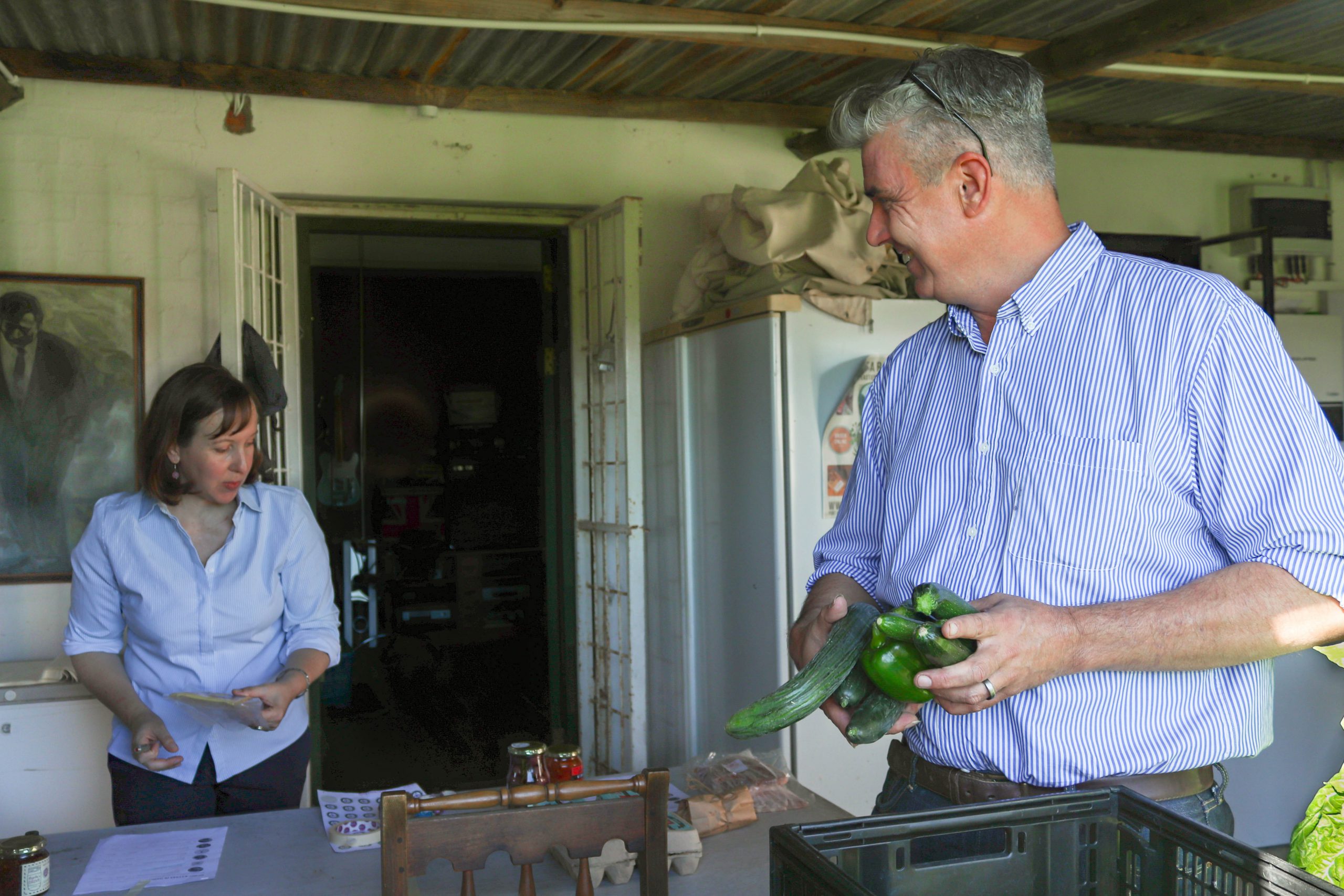
ready to be packed.

Every Friday morning, the couple packs the orders in colourful, reusable shopping bags and then takes them to their car. Igadi Market delivers to various clients in Bathurst, Port Alfred and Makhanda. Carla delivers every bag to the customers’ doorstep, creating a sense of personal connection and individual importance.
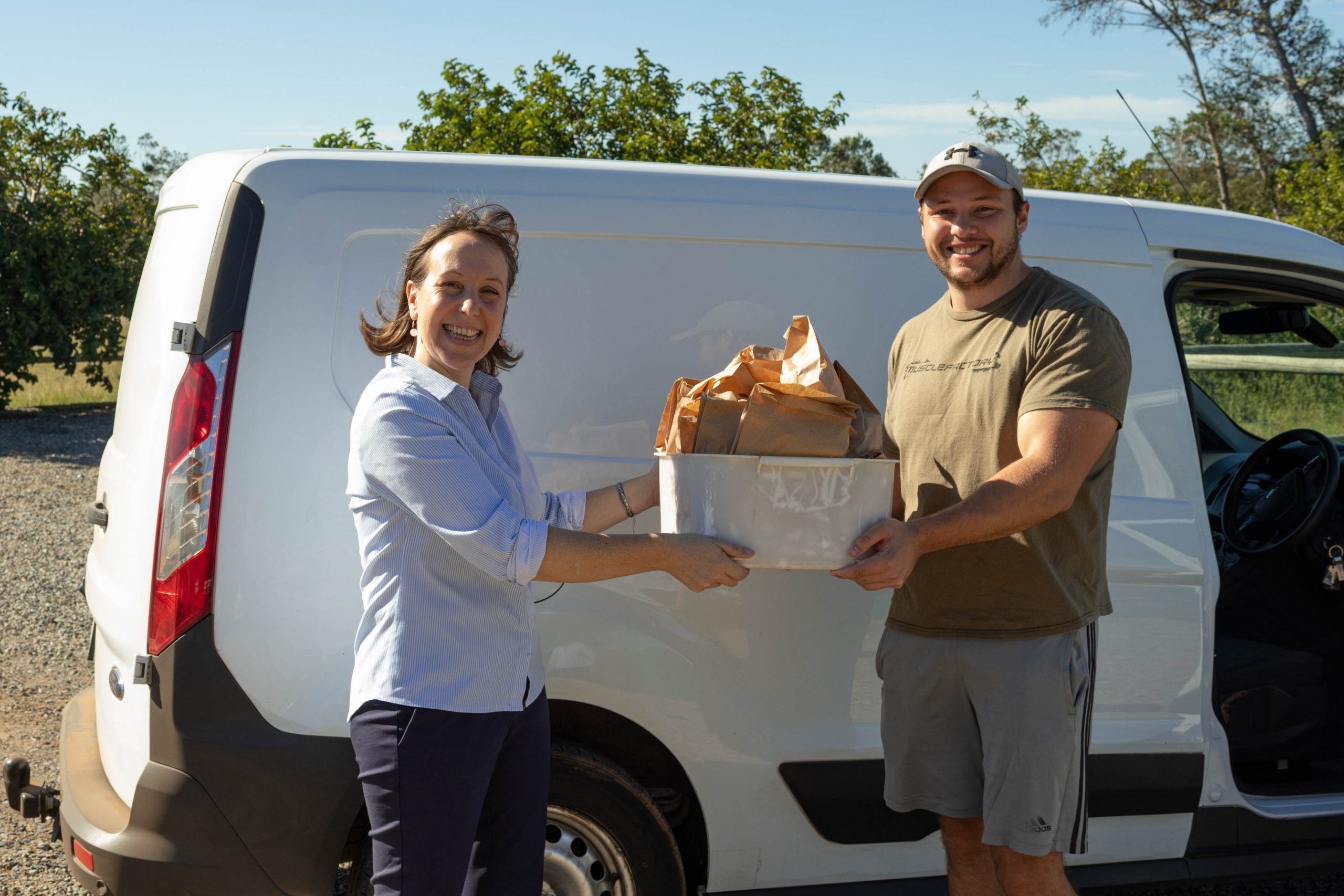


exchange, hands Carla her fresh herbs for the market.
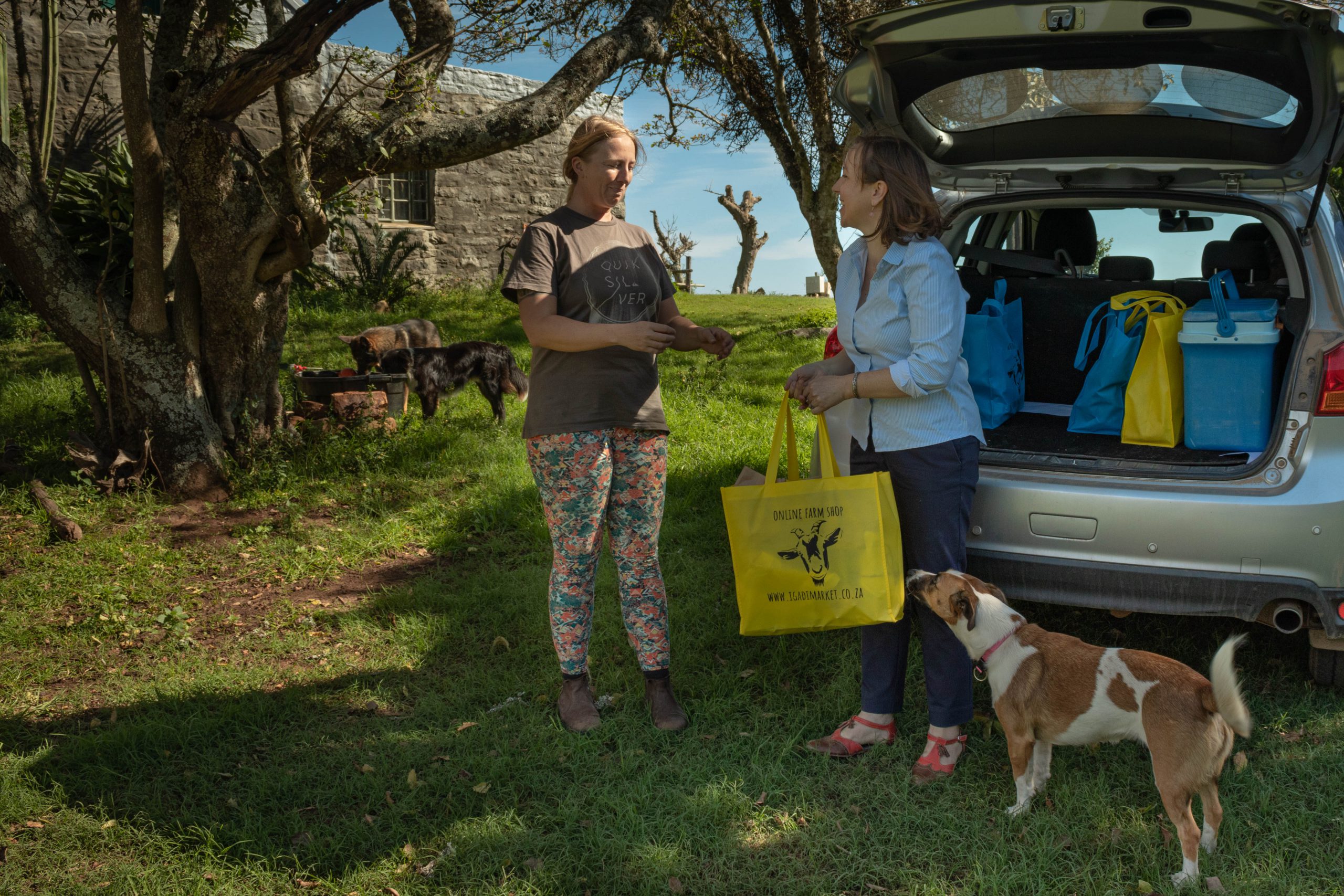
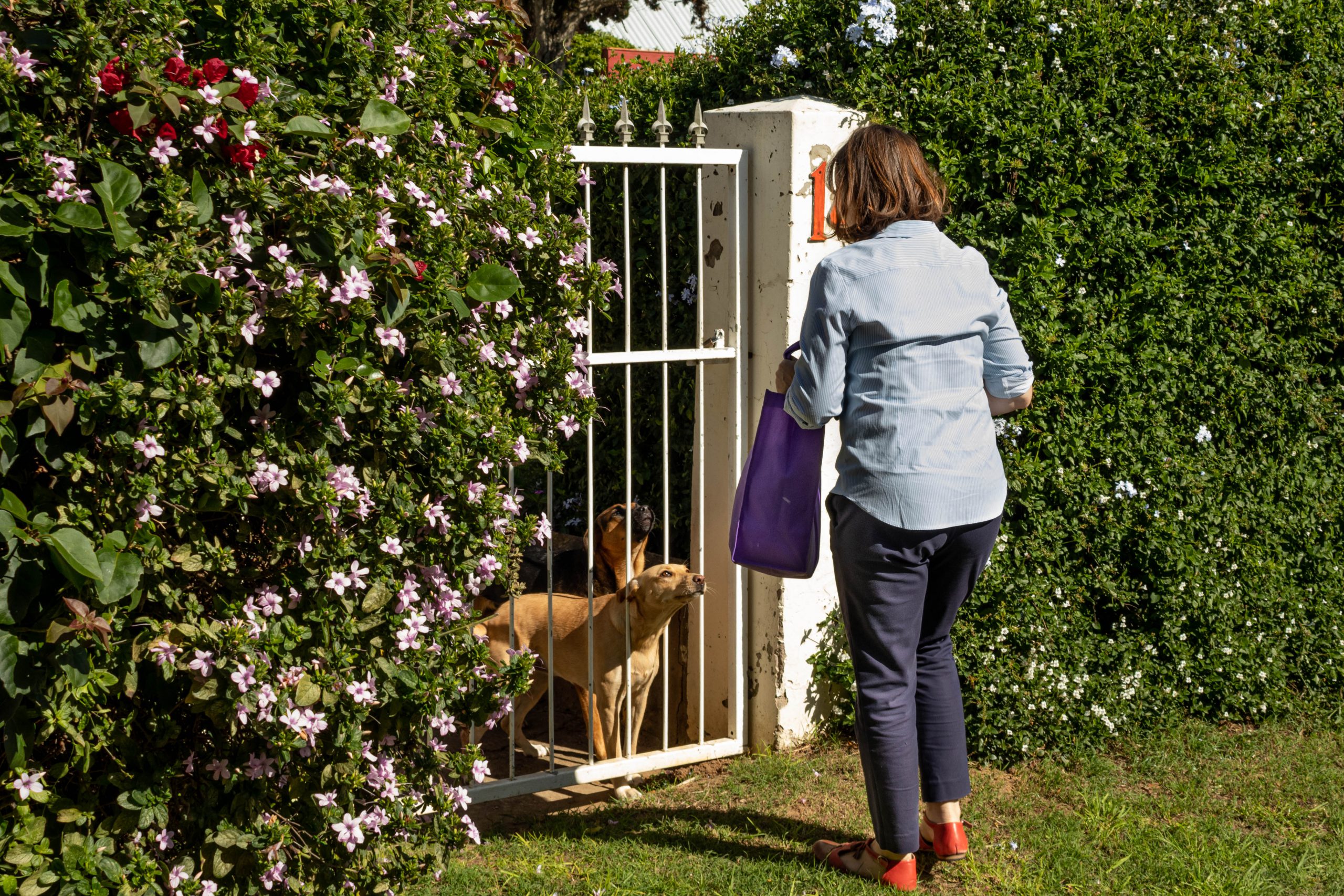

produce.


By supporting local businesses like Igadi Market, we can build stronger communities, create local jobs and reduce our carbon footprint.
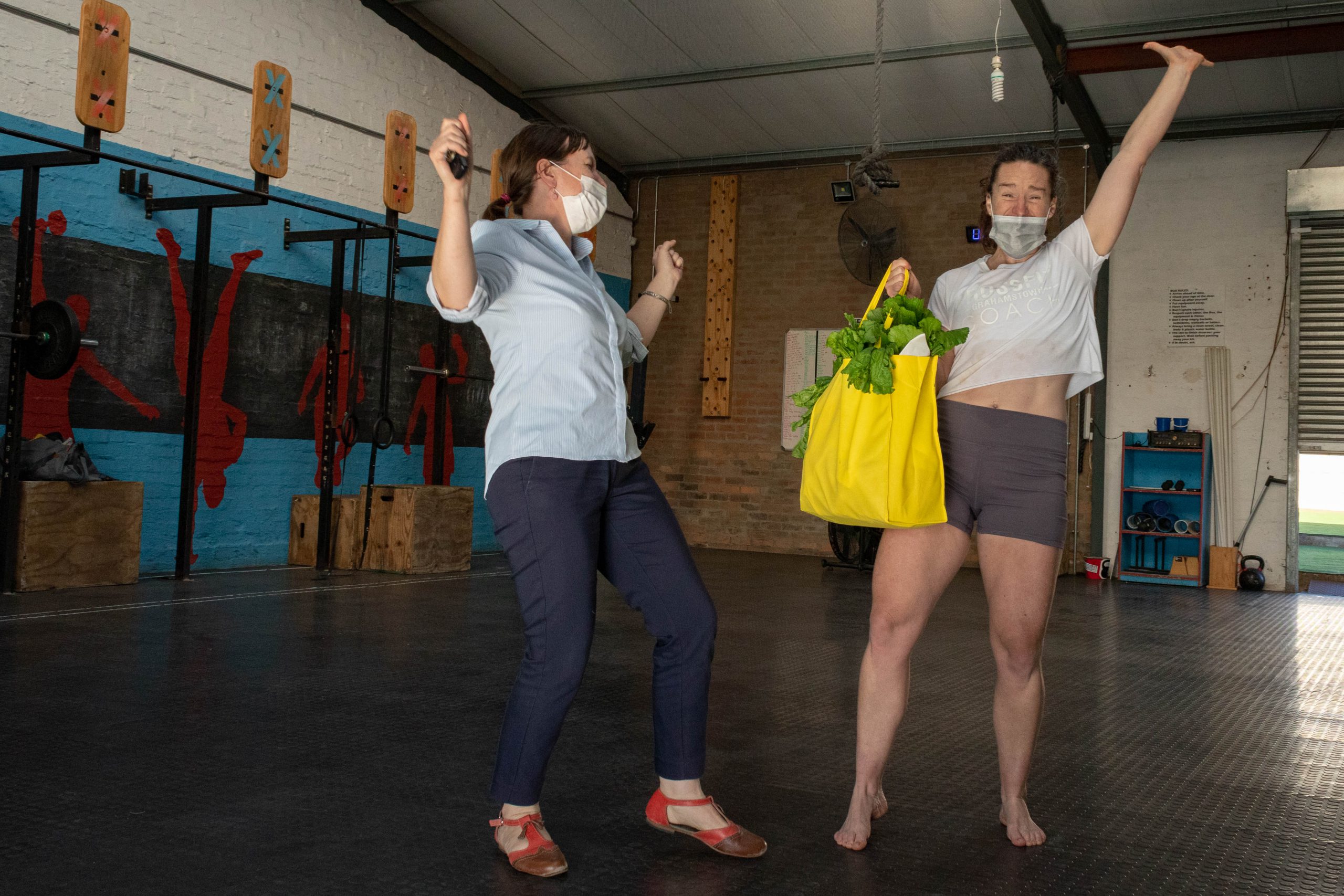
It is time to start questioning where our food comes from and finding ways to impact the individual and the economy positively.
